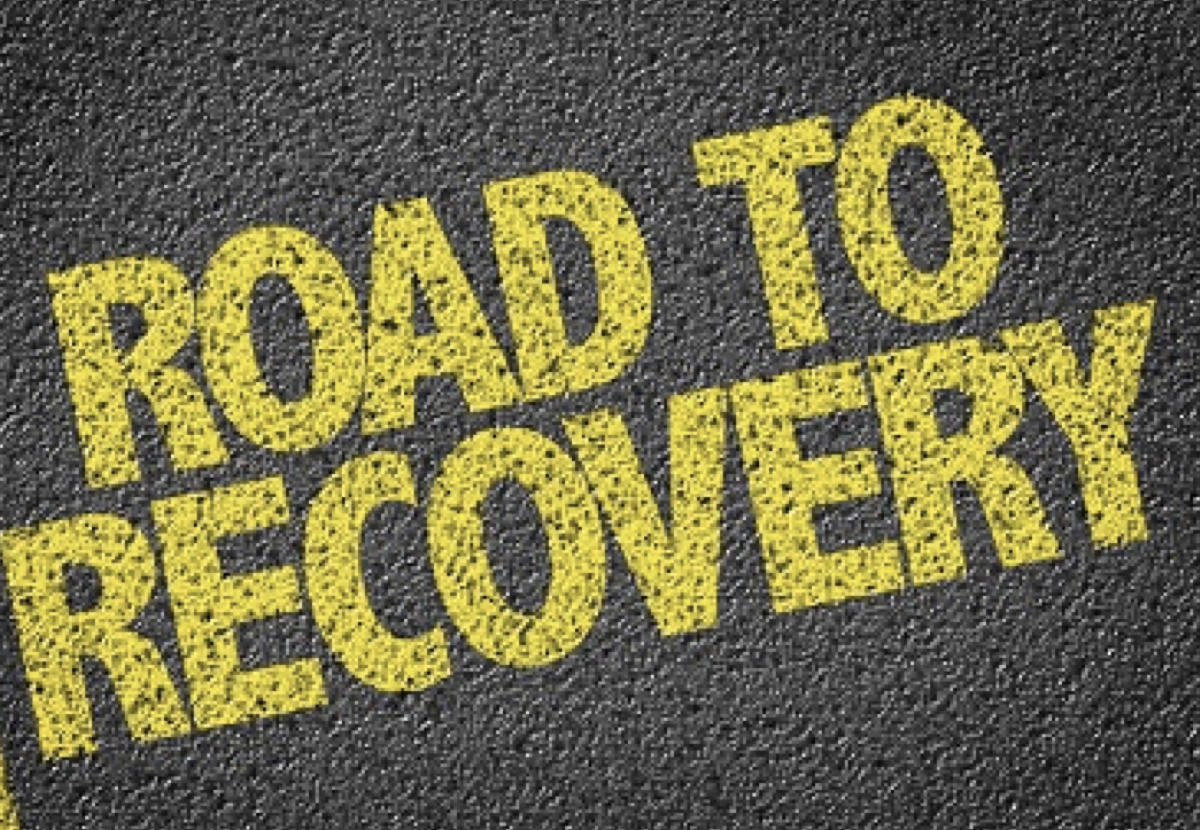


According to Morgan Stanley, Global Recession in 2020 is a base case scenario. A recession is often defined as a period of decline in economic activity like trade, industrial output and consumer spending. As a recession is inevitable, we looked at the economic and financial downturns and recoveries in the past century to look for similarities with today’s COVID19 crisis.
What can we learn from the past recessions?
Mark Twain once said, “History doesn’t repeat itself, but it sure does rhyme”
On the back of COVID19 consumption habits have drastically changed thereby impacting even the best made business plans globally. Normal everyday activities that we took for granted like going to work, schools and entertainment venues have come to a standstill as these now posed a potential risk to life.
Given the new realities, companies have seen consumption going down, individual savings going up and supply of goods and services become uncertain due to global supply chain issues, all of which have led to an increase in insecurity amongst the various stakeholders in the economy.
According to Morgan Stanley, Global Recession in 2020 is a base case scenario. A recession is often defined as a period of decline in economic activity like trade, industrial output and consumer spending. As a recession is inevitable, we looked at the economic and financial downturns and recoveries in the past century to look for similarities with today’s COVID19 crisis.
What we have done here:
- Assessed this problem statement - COVID 19 has led us to a situation where we are in both a health as well as an economic crisis. Are there past recessions and crisis that we can look at to learn from?
- Analyzed the two recessions that occurred in the 21st century by metrics like the economic and financial factors - how the GDP Growth and Unemployment were affected, how the financial markets reacted and how the sectoral recovery looked like?
- Examined the Spanish Flu pandemic, the Roaring 20’s (a decade of massive expansion in the economy), and the Great Depression by metrics like the economic and financial factors
Our learnings:
Global
1. While, today’s healthcare crisis looks similar to the Spanish Flu in 1918, the current economic realities are similar to those going into the Great Depression in 1929. If the Great Depression is anything to go by the recovery will take a long time and a combined global effort.
2. However, unlike the Great Depression, the federal reserves and governments across the world have acted quickly with significant economic measures which has softened the blow to the economy from COVID-19.
3. While there will be unavoidable damage to our economies, certain sectors like the technology sector will help with recovering from the crisis faster and emerge stronger than ever before.
India
1. Given the Indian economy’s reliance on traditional sectors as compared to technology sector, we expect the recovery to happen at a slower rate than the developed economies.
2. This presents an opportunity for technology led businesses to drive adoption and grow faster. As individuals and businesses have been under lockdown, they have interacted with technology more than ever when it comes to consumption of all forms like education, payments, entertainment, etc.
3. Crises drive creativity and innovation. Past recessions have seen new startups emerge driven by technology globally and we fully expect that it to happen in India as well.
We have used this as an information tool to share our learnings from the past scenarios and given the current scenario